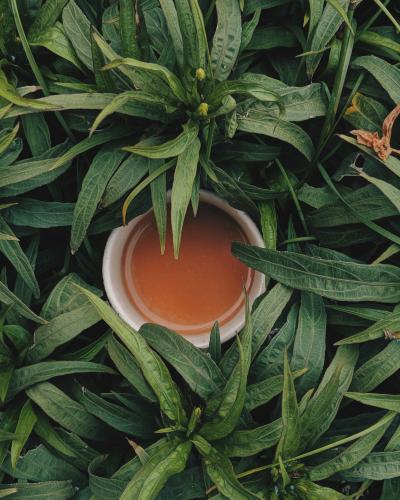Toxic soil fumigants that fight soil-borne diseases and ensure crop production continue to be banned to protect the health and safety of rural communities. Organic farmers and conventional farmers...
Mar 15, 2021
In an effort to reduce the use of harmful pesticides, farmers are looking for ways to enhance natural pest control by boosting numbers of natural predators of pests on their farms. A recent study...
Mar 08, 2021
While there has been increasing demand from in developed countries for organic tea, a recent study published in the International Journal of Creative Research Thoughts (IJCRT), found that this...
Mar 01, 2021
DDT is an insecticide commonly used to control mosquito-transmitted malaria in the 1900s, but was eventually banned across the globe because of extremely adverse side effects on human and...
Feb 08, 2021
A recent study published in the journal Biologia adds to the growing body of evidence showing organic farming improves microbial conditions in the soil that, in turn, increases disease control and...
Feb 01, 2021
Many farming practices promote conservation of important natural functions like planting vegetation to support pollinators and natural enemies to pests, and using cover crops to promote soil...
Nov 23, 2020
As the demand for chocolate has grown, so has the intensification of cacao production, which has significantly driven deforestation in tropical regions. Shade...
Oct 26, 2020
Honey bee health is affected by a myriad of factors including the diversity and quality of food available to them, exposure to pesticides, and attacks by parasites and diseases. Genetic activity...
Aug 24, 2020
Genetically modified cotton is widely grown throughout China, South Africa, India and the U.S. Science on the environmental, social and public health effects of GM cotton has mixed results with...
Aug 10, 2020
It is well known that synthetic fertilizers and pesticides used in conventional agriculture adversely impact beneficial biodiversity both above and below ground. The heavy metals in these...













